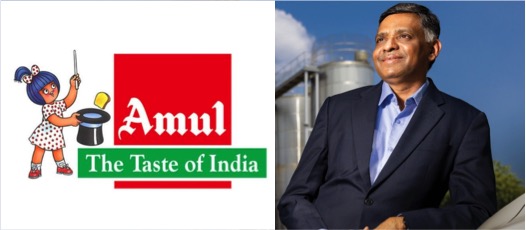The ₹10 lakh crore Indian dairy industry which also happens to be the largest milk producer in the world is in the midst of a decline in milk production. While Amul MD, Jayen Mehta, says there was just 1% decline in milk production in FY23, a back-of-the-envelope calculation by dairy experts from across the country pegs the dip in production to be in the region of 5%-6%.
“Last year for a couple of months the demand outpaced supply, but now the situation is better. Gujarat saw a 7% increase over last month and in most of the States there has been an increase in production too. The growth story of India’s industry continues to be positive,” says Mehta.
The reason for the current milk shortfall is because of the first two waves of the COVID-19 pandemic in 2020-2021. While private milk consumption increased during the COVID-19 pandemic, there was a close to 40% dip in institutional demand which severely impacted the dairy industry at large. When the demand dipped, most dairies ended up with more milk. The excess milk got converted to commodities (such as skimmed milk powder), and when that commodity came to the market, the price of the commodity crashed by 20%-25%. As a result, most of the private dairies reduced the price they paid to the farmers. During that time when farmers were getting paid less, they were paying more for fodder, as cereal cost had increased by 25%. They started cutting down on feed cost and even invested less on new animals, which over time impacted milk production. To add to this, the cattle contracted the lumpy skin disease which further reduced their yield.
While procurement prices in most states dipped to ₹18 per litre (vis-à-vis ₹31 pre-COVID), Amul claims Mehta never undercut. “We got more milk than what we usually do, we processed and exported. Last year my milk availability was down by 1% but my business was up by 18.5%. The world market was down by 40% year-on-year, but we got 40% more realisation.”
Source : Fortune India June 02nd 2023

